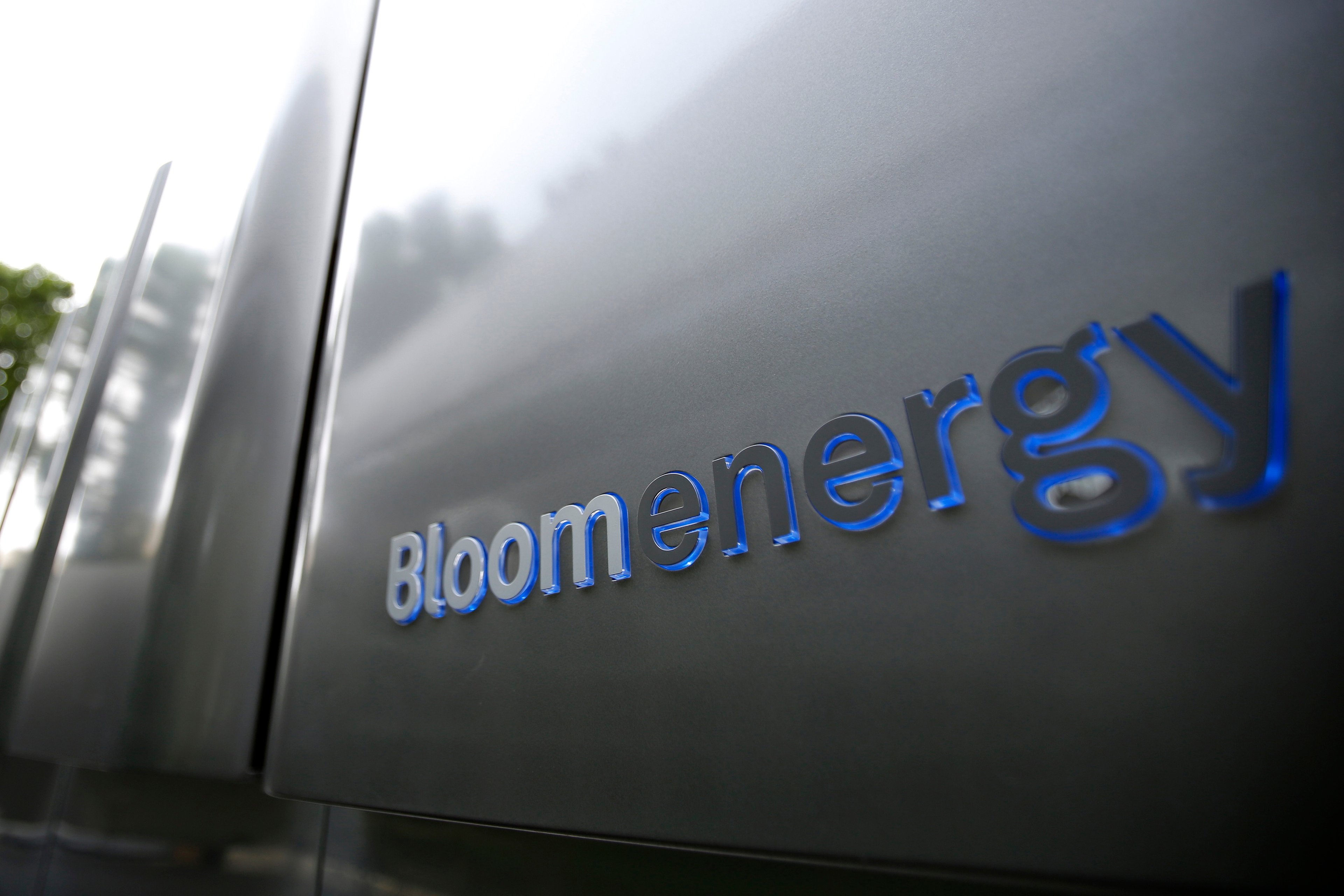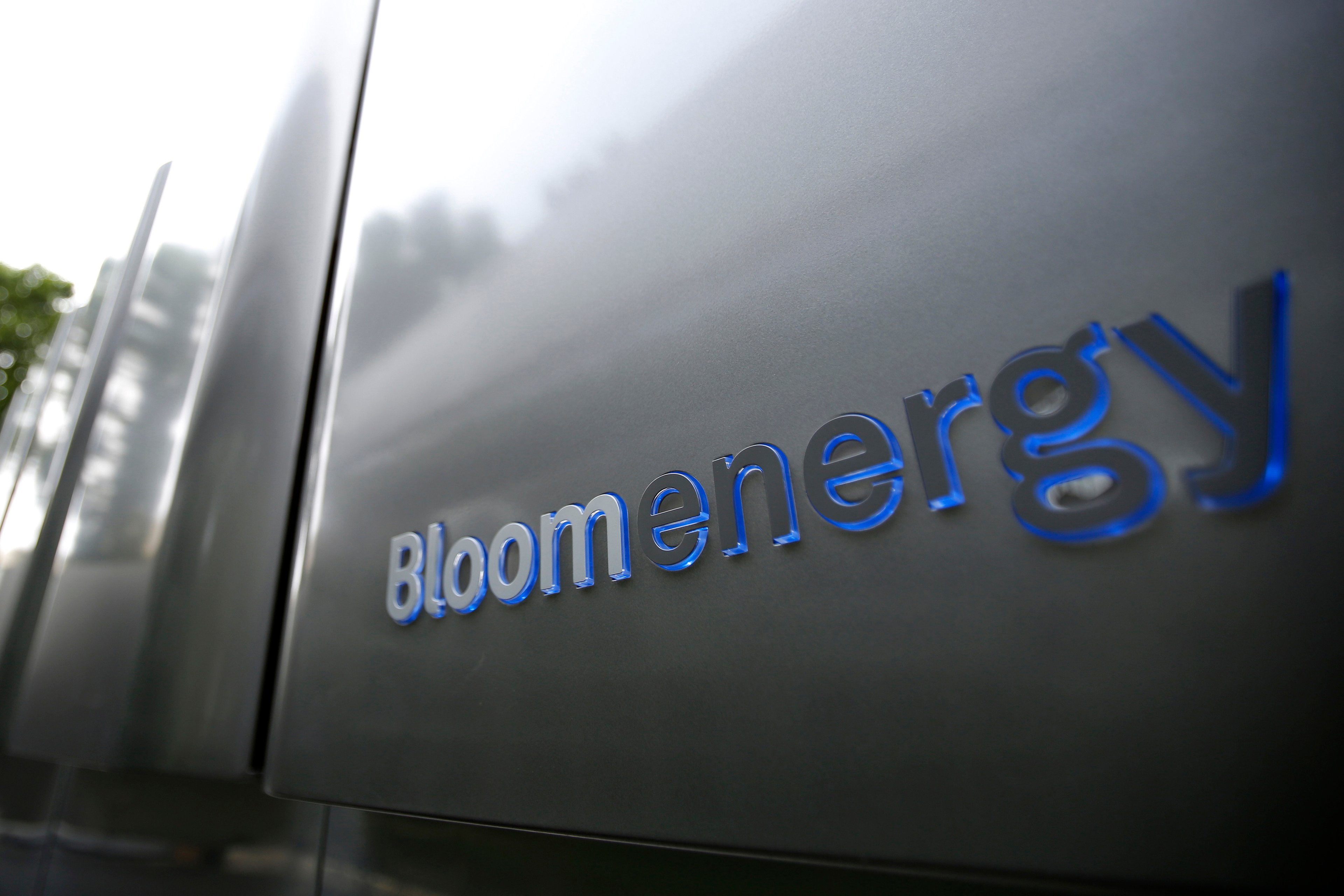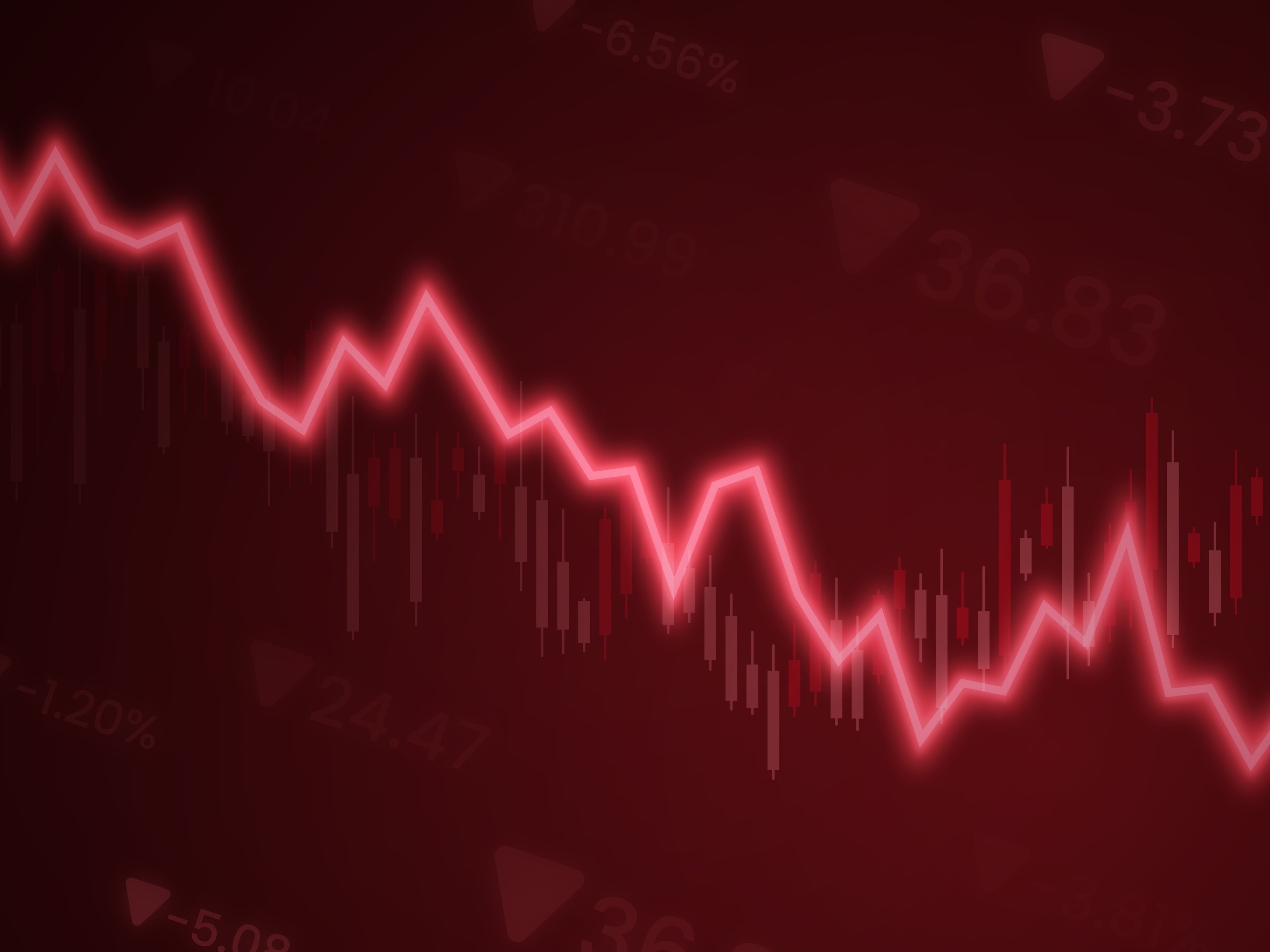What happened
Shares of Bloom Energy (BE +7.42%) fell over 42% last month, according to data provided by S&P Global Market Intelligence. While the coronavirus pandemic played a significant role, it wasn't the only factor being considered by investors.
The fuel cell developer released fourth quarter and full-year 2019 operating results on March 16. Although the topline numbers -- growth in revenue, product installations, and backlog -- were encouraging, investors are taking the company's significant operating losses and indebtedness much more seriously given the current economic environment.
In other words, the economic consequences of the coronavirus pandemic and the relatively poor health of operations combined to push the small-cap stock much lower in March.

Image source: Getty Images.
So what
Bloom Energy reported fourth quarter 2019 revenue, acceptances, and backlog grew 36%, 50%, and 43%, respectively, compared to the year-ago period. The growth is encouraging, but investors have to keep in mind that the business is still generating unsustainable losses.
The fuel cell developer reported an operating loss of nearly $48 million in the last three months of 2019, and nearly $233 million for the full year. The quarterly operating loss was actually an improvement from recent quarters, but still puts the business on pace to lose $200 million from operations annually.
Making matters more complicated, Bloom Energy began 2020 worth negative $260 million on paper. Investors may have been more willing to overlook steep operating losses and severe indebtedness months ago, but the rapidly deteriorating economic environment is sure to force more conservative appetites for risk -- and investors can change faster than companies.
Now what
Before the coronavirus pandemic, Bloom Energy needed to achieve considerable growth and reap the benefits of more efficient manufacturing operations to claw its way to profitability. That's still a possibility, especially if next-generation technology upgrades deliver on their specifications. But given the rapidly deteriorating situation, investors should expect 2020 to be a difficult year for the business.






